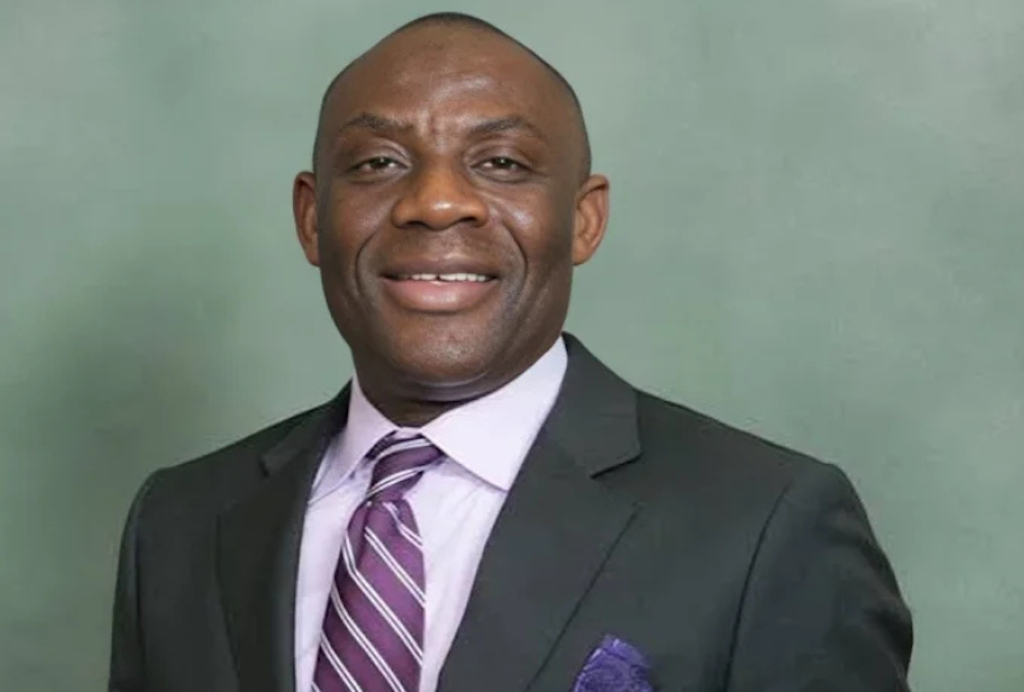The Minister of Education, Dr. Tunji Alausa, has called on labour unions in the education sector, including the Academic Staff Union of Universities (ASUU), the Senior Staff Association of Nigerian Universities (SSANU), and others, to prioritise the well-being and education of Nigerian students above resorting to strikes.
Speaking at the 359th Quadrennial National Delegates Conference of SSANU in Abuja, Alausa emphasized that industrial action should not be the unions’ primary strategy for drawing the government’s attention to their demands.
While acknowledging the unions’ frustrations over previous unfulfilled agreements, the minister assured them of President Bola Tinubu’s administration’s commitment to honouring its promises. He also highlighted the President’s resolve to make challenging, forward-looking decisions for the country’s progress.
Dr. Tunji Alausa, recently reassigned to the Ministry of Education, shed light on the financial constraints that previously hindered the government’s ability to address union demands.
He explained that the former administration’s heavy spending on subsidies and artificially maintaining exchange rates significantly depleted the nation’s resources, primarily benefiting the wealthiest. Alausa revealed that subsidies cost Nigeria nearly $1 billion daily, while supporting the exchange rate added another $500 million in monthly expenses. These unsustainable practices diverted funds away from vital sectors like education.
The minister appealed to the unions to trust the current administration and approach collective bargaining with a spirit of mutual respect.
Remarks From Ex-Labour Congress President
Former Nigeria Labour Congress president Ayuba Wabba voiced the frustrations of labour unions over the frequent violation of agreements, identifying this as a key driver of strikes in Nigeria.
Wabba highlighted the financial and social toll of strikes, referencing the substantial economic losses during the 2012 petroleum subsidy strike. He called for reforms to strengthen the collective bargaining process, emphasising the importance of trust and transparency from both the government and unions.
He proposed creating a formal framework, akin to South Africa’s Labour Council, to enable regular quarterly meetings between union leaders and government officials. Such a platform, he argued, would promote ongoing dialogue and proactively address labor issues.
SSANU National President Mohammed Ibrahim, meanwhile, urged a shift in how strikes and industrial relations are perceived, noting that unions are often unfairly labeled as “strike-happy.” He pointed out that the conference’s theme, “Respecting Collective Bargaining Agreements and Industrial Peace in a Democracy,” underscores SSANU’s dedication to fostering industrial harmony.
Mohammed Ibrahim noted that since the return to democratic governance in 1999, unions have faced increasing accusations of the failure of collective bargaining at both federal and state levels. This has led to heightened industrial tensions in the nation’s tertiary institutions, with protests and strikes becoming commonplace.
He expressed concern that this trend has resulted in unions and their leaders being perceived as overly confrontational or excessively reliant on strikes.
Ibrahim stressed the need for unions to critically examine this pattern, aiming to reshape perceptions and foster a paradigm shift that benefits not only the unions but also the government, stakeholders, students, and the nation as a whole.


